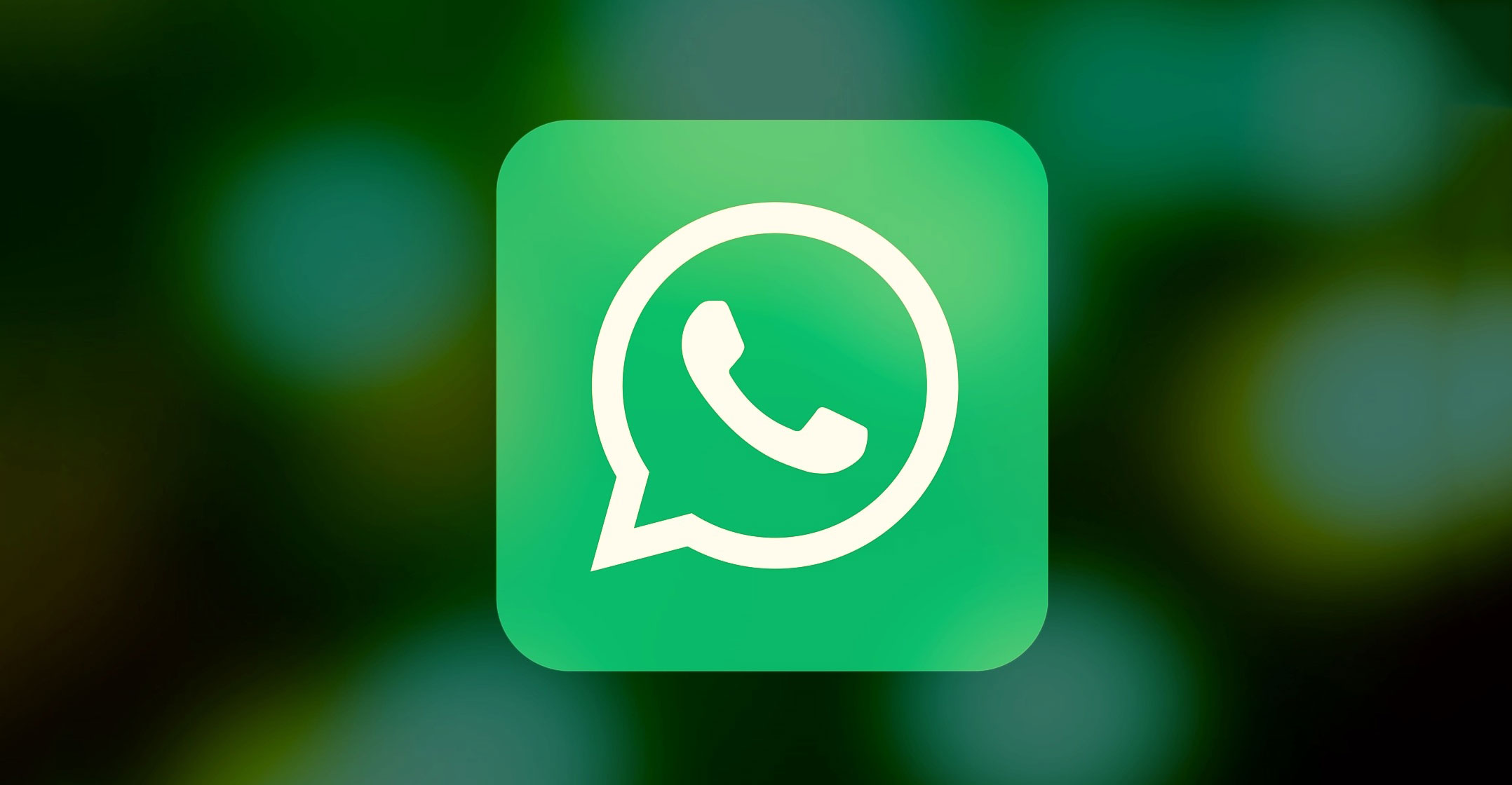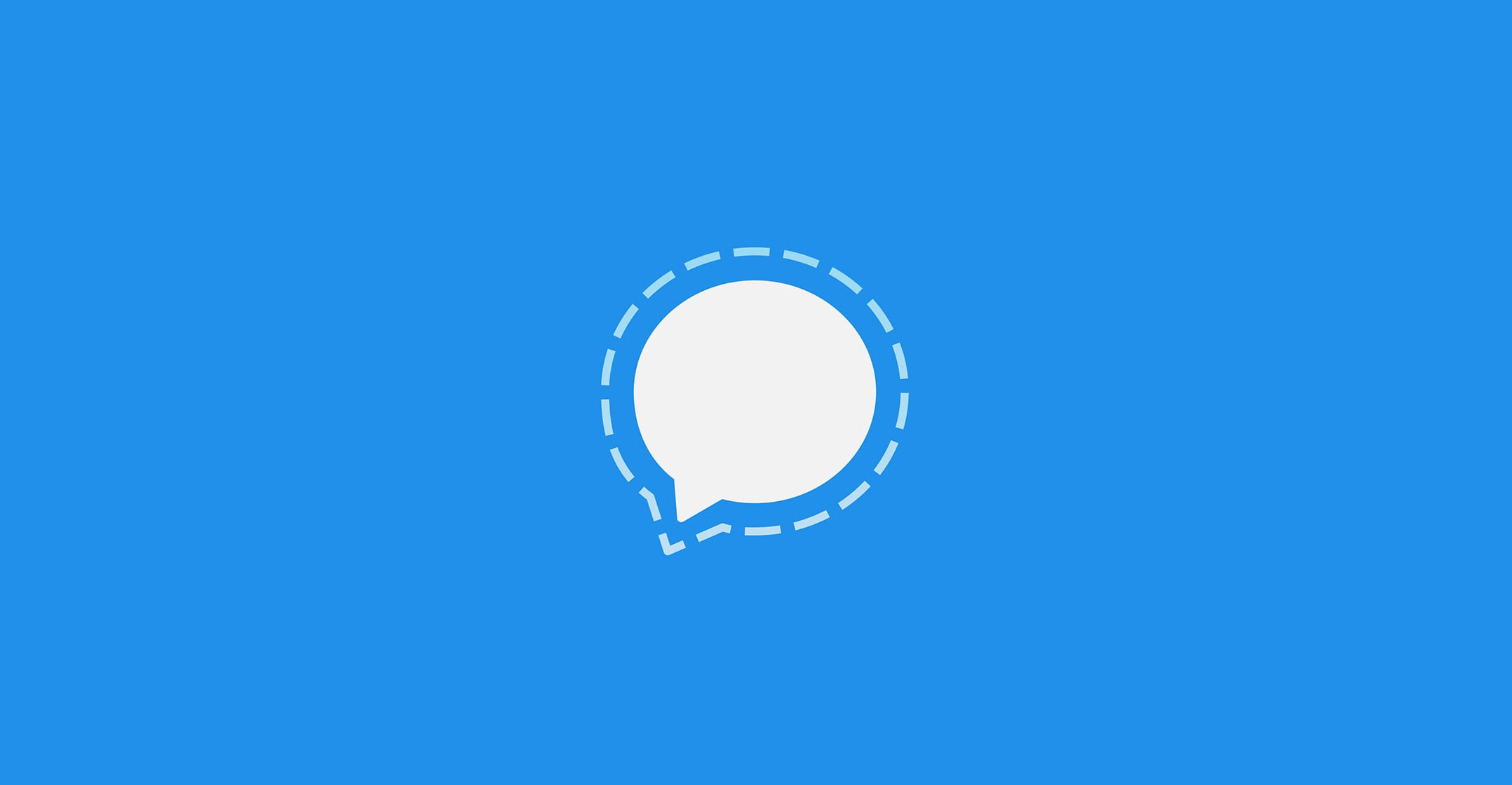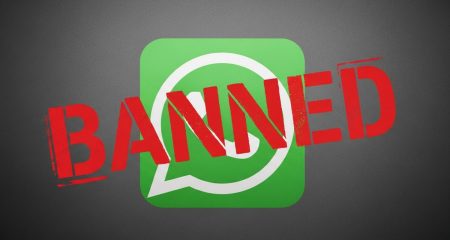 Facebook’s WhatsApp has begun alerting its two billion users of an update to its privacy policy — and if they want to keep using the popular messaging app, they have to accept it.
Facebook’s WhatsApp has begun alerting its two billion users of an update to its privacy policy — and if they want to keep using the popular messaging app, they have to accept it.
The new terms, delivered in early 2021, have caused an outcry among technology experts, privacy advocates, billionaire entrepreneurs and government organisations, and triggered a wave of defections to rival services.
WhatsApp says the change is necessary to help it integrate better with other Facebook products.
1. What does the policy say?
WhatsApp is now reserving the right to share data it collects about you with the broader Facebook network, which includes Instagram, regardless of whether you have accounts or profiles there. Much of the policy, which is about monetising WhatsApp, is broadly in line with what came before, but it now states clearly that “WhatsApp receives information from, and shares information with, the other Facebook companies. We may use the information we receive from them, and they may use the information we share with them, to help operate” and market services. The option to share data with Facebook has existed for years, but it was just that: optional. From 8 February it becomes mandatory.
2. Can Facebook read my WhatsApp messages now?
No. Your conversations are encrypted end-to-end, meaning not even WhatsApp itself can access them. However, by using WhatsApp you may be sharing with it your contacts list, location, financial information and usage data, as well as your phone’s unique identifier, among other types of so-called metadata. These may be linked to your identity, according to WhatsApp on its listing in Apple’s App Store, and it’s this data the privacy policy stipulates must now be agreed can be shared with Facebook.

3. Why does Facebook want the data?
It says it needs it to help operate and improve its offerings. More broadly, almost all of the US$21.5-billion in revenue Facebook generated in its third quarter of 2020 came from ads, and there are none in WhatsApp. The company wants to be able to serve more targeted ads to people on Facebook and Instagram by also knowing their usage habits on WhatsApp, and let businesses take payments in WhatsApp for items that, for instance, were clicked on in Instagram ads.
4. What’s the fallout?
Turkish President Recep Tayyip Erdogan’s media office and his country’s defence ministry said they’re dropping WhatsApp. Technology billionaire Elon Musk endorsed rival app Signal to his 42 million Twitter followers. The registration service for Signal crashed after an influx of new users overwhelmed its servers. On 10 January, it tweeted: “We continue to shatter traffic records and add capacity as more and more people come to terms with how much they dislike Facebook’s new terms.” — Reported by Nate Lanxon, (c) 2020 Bloomberg LP




